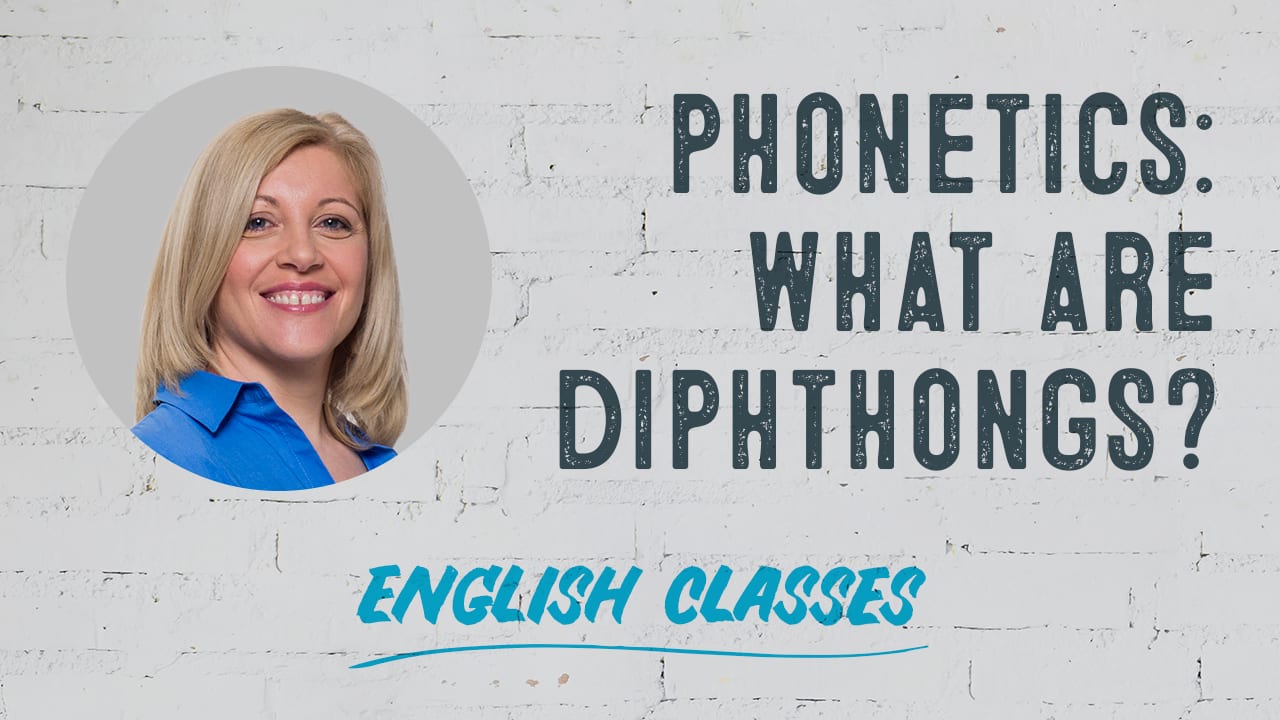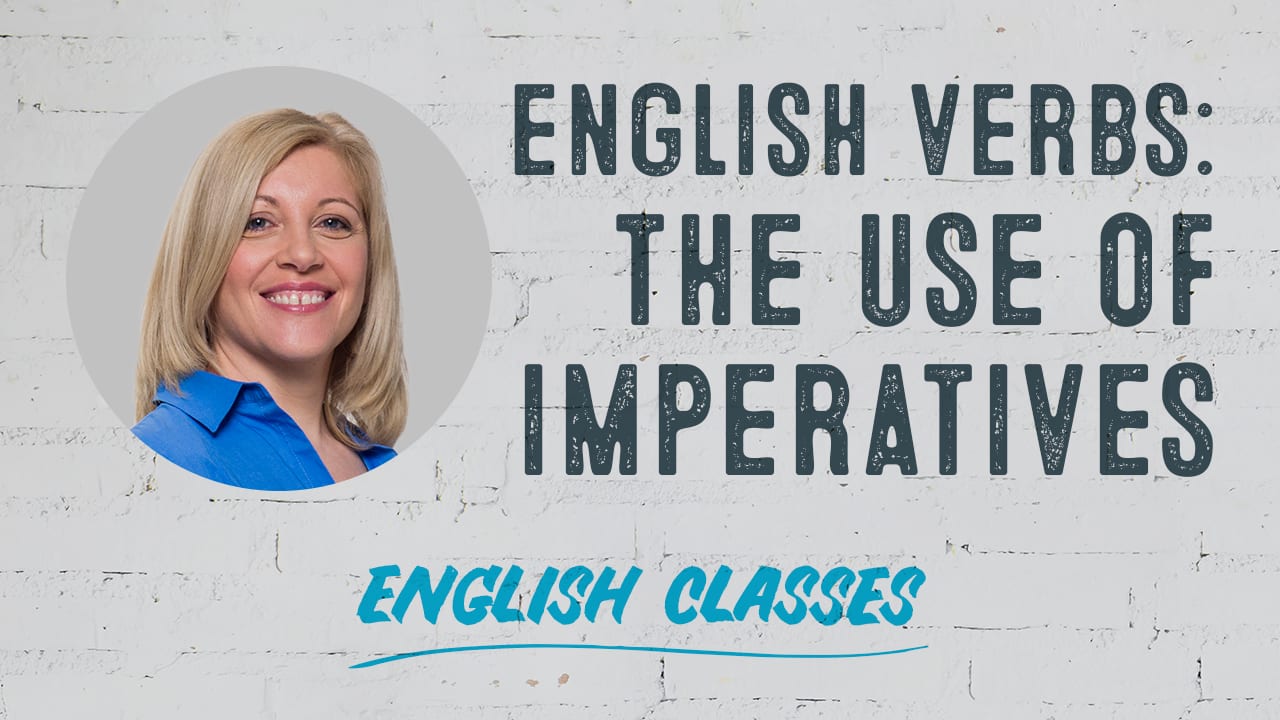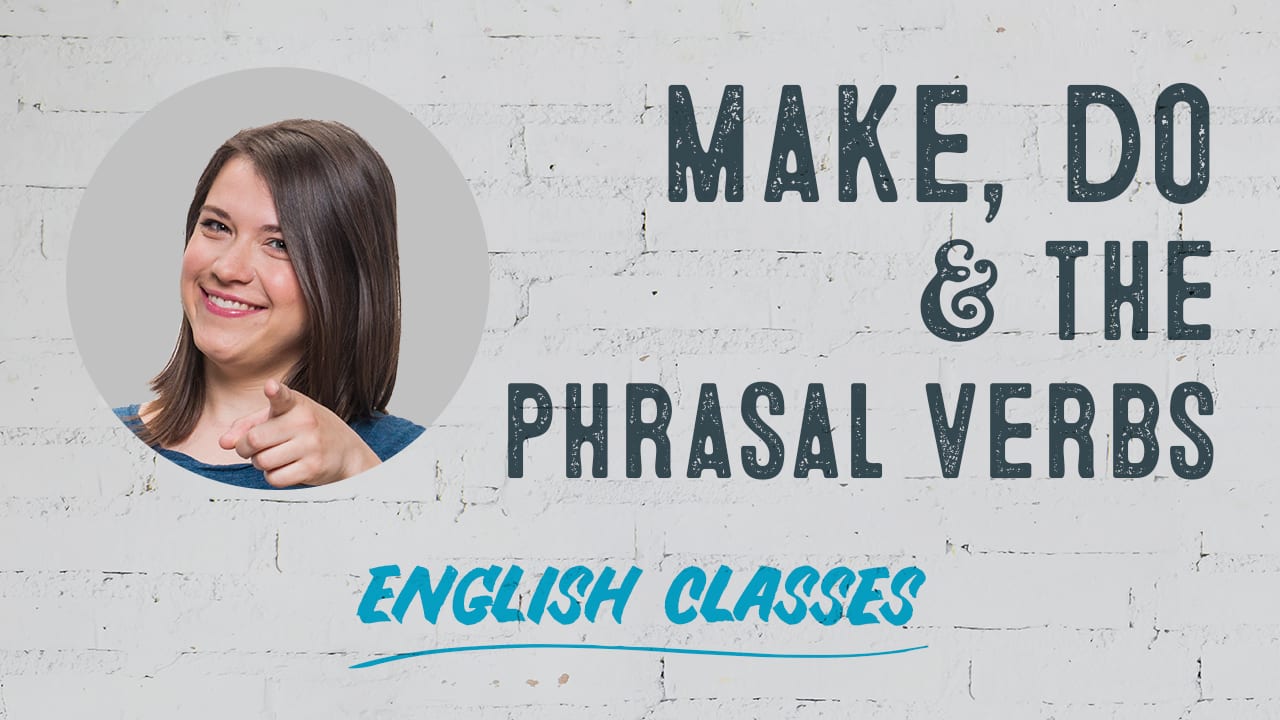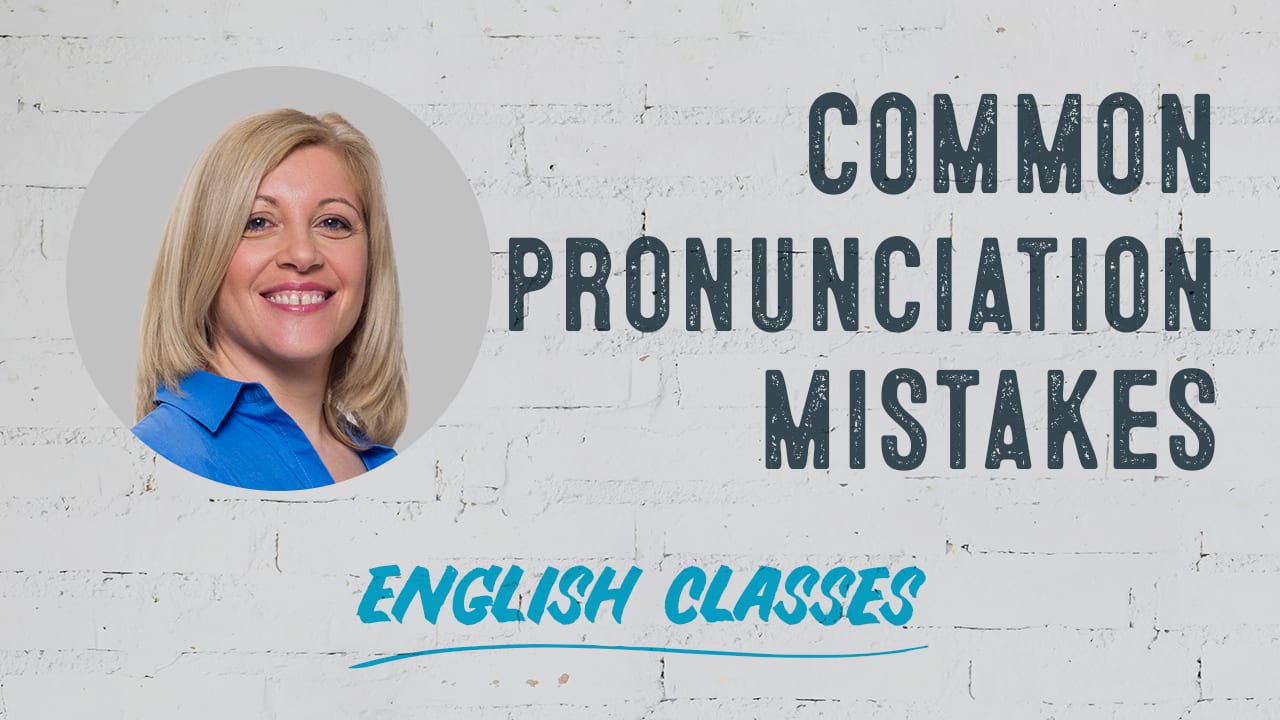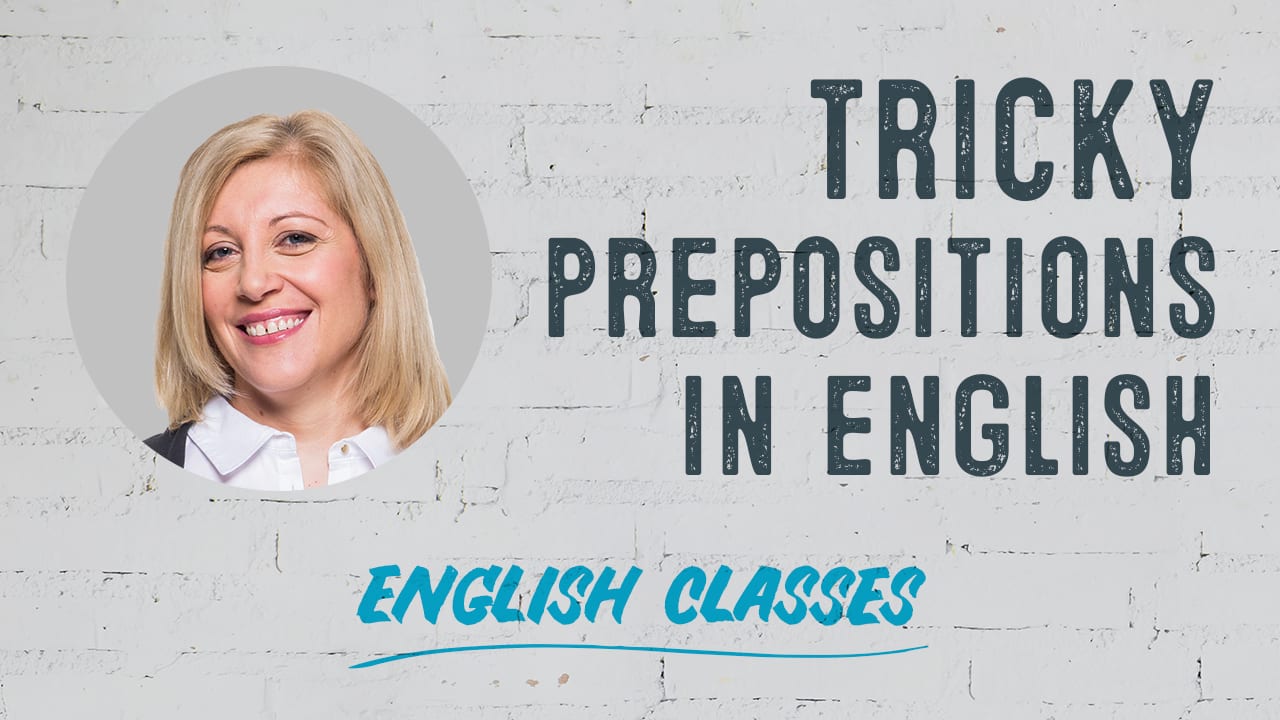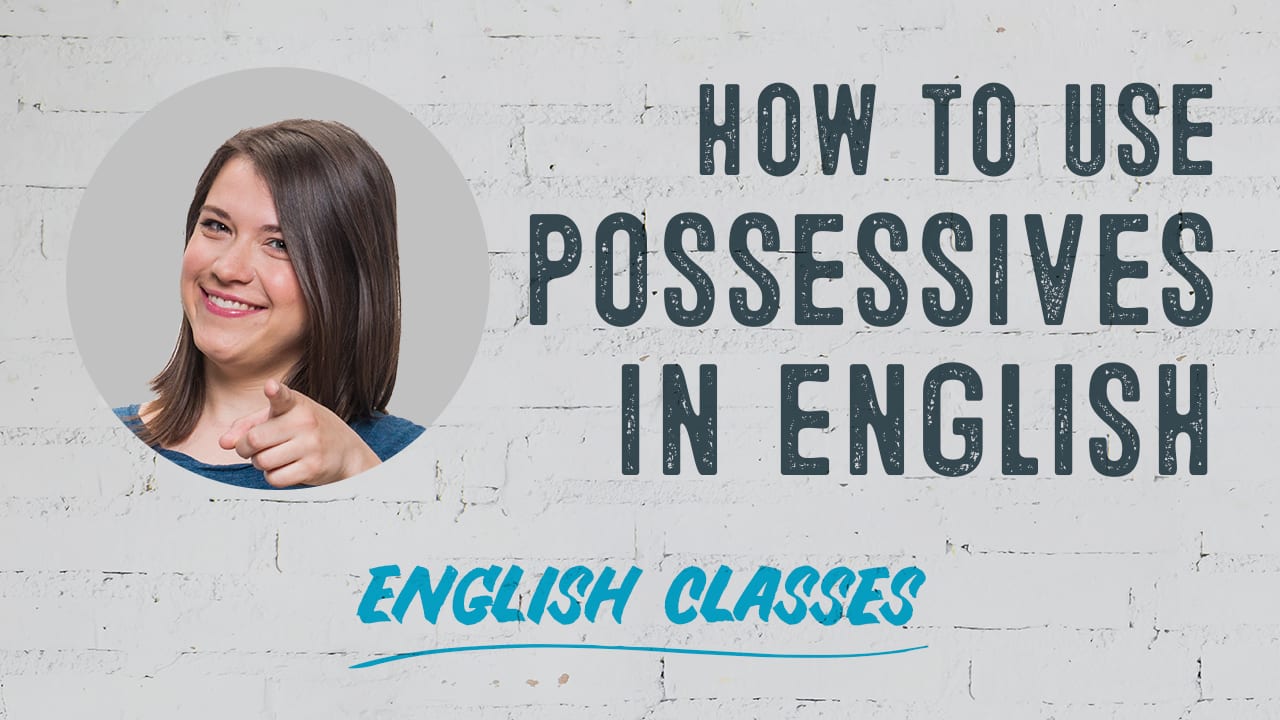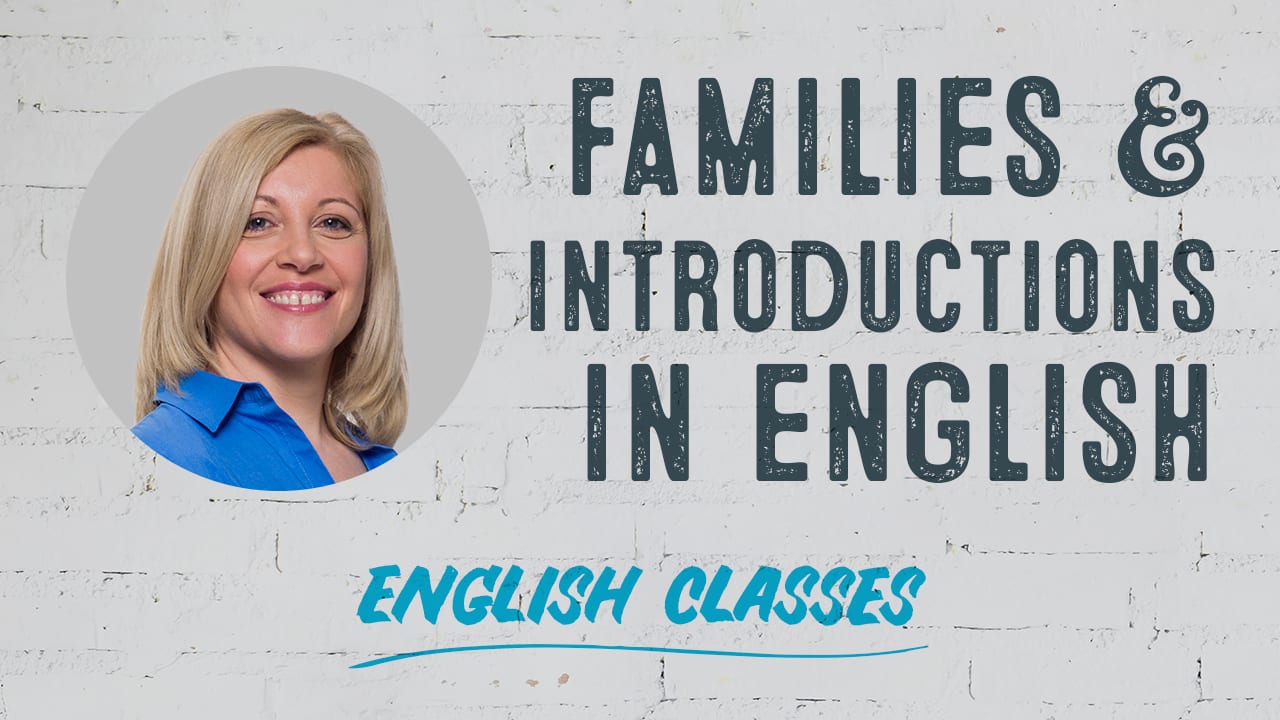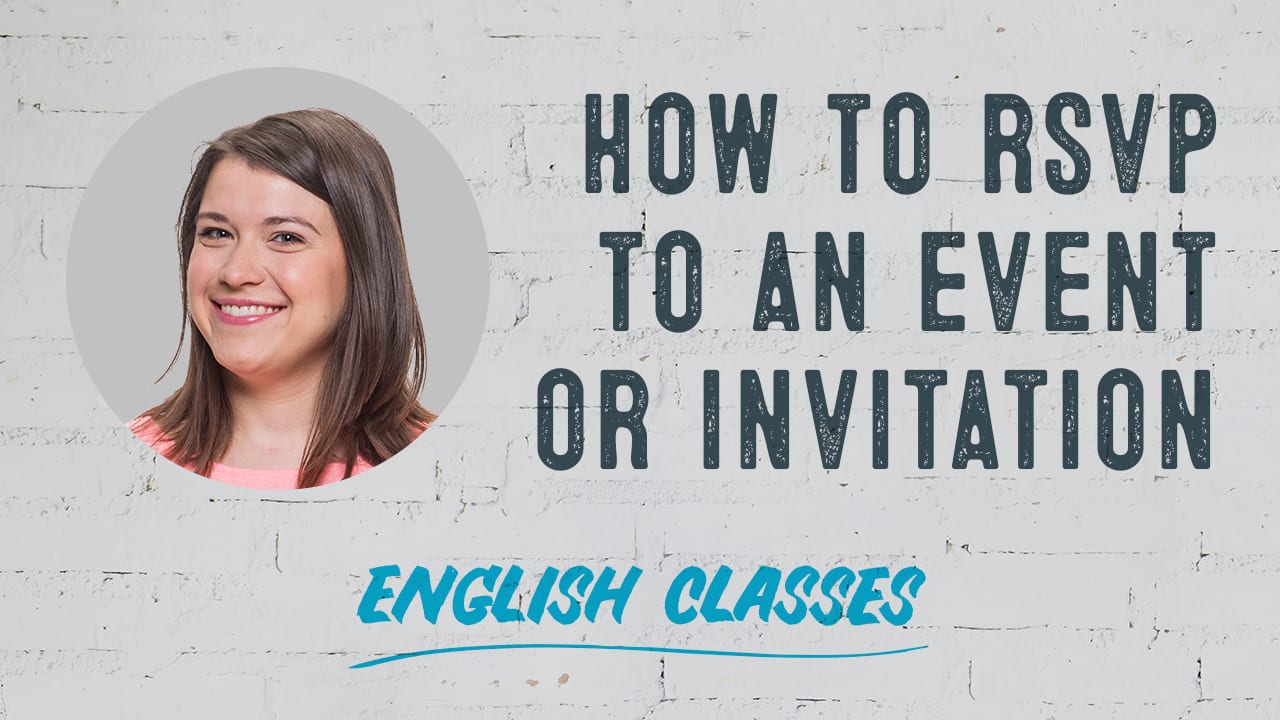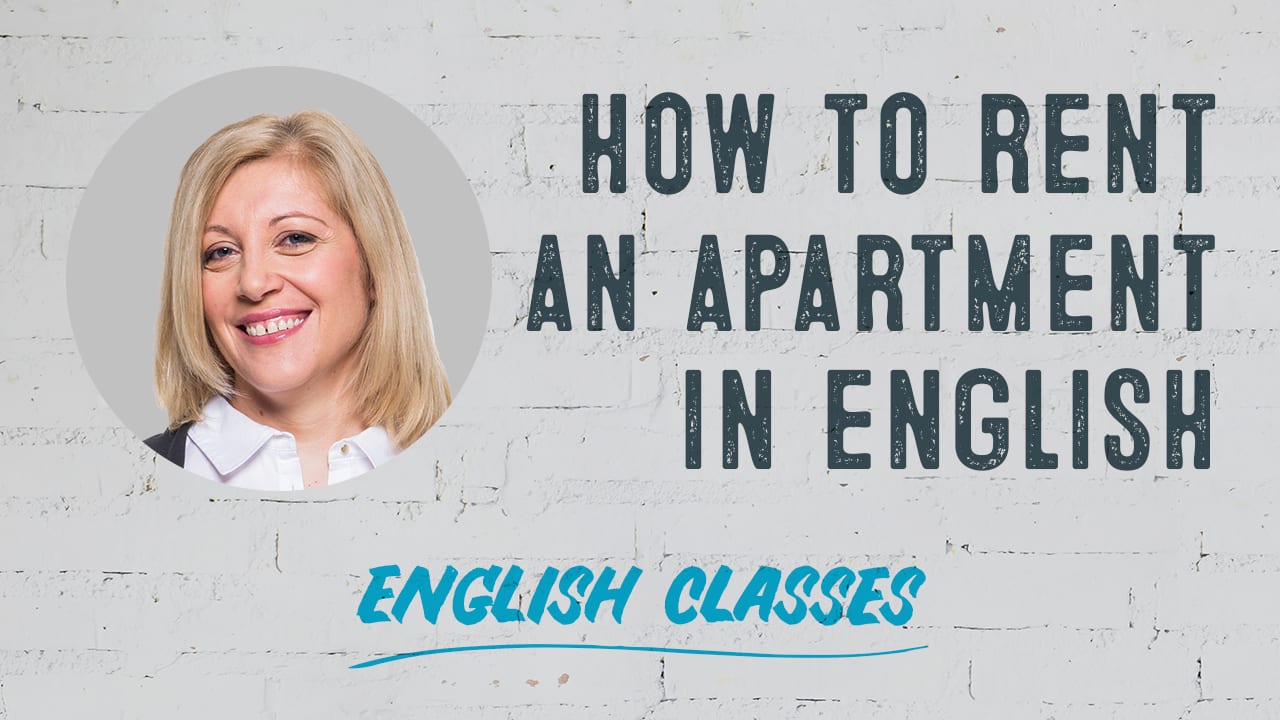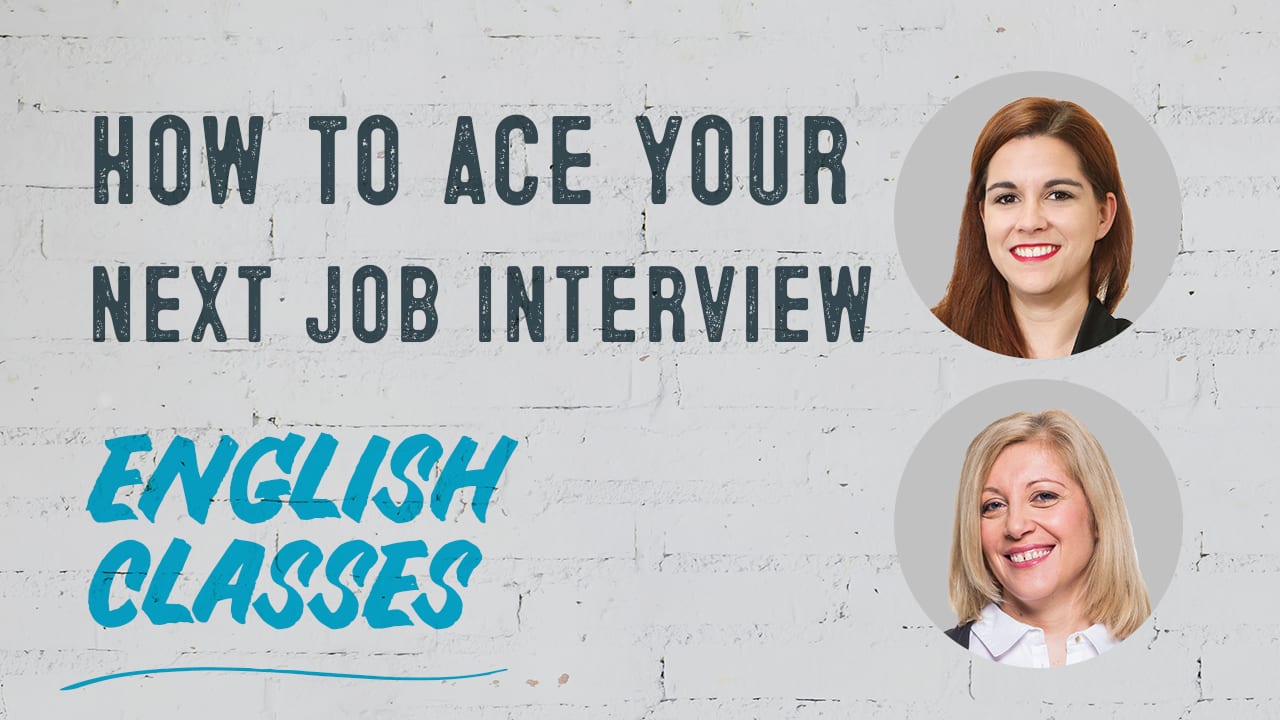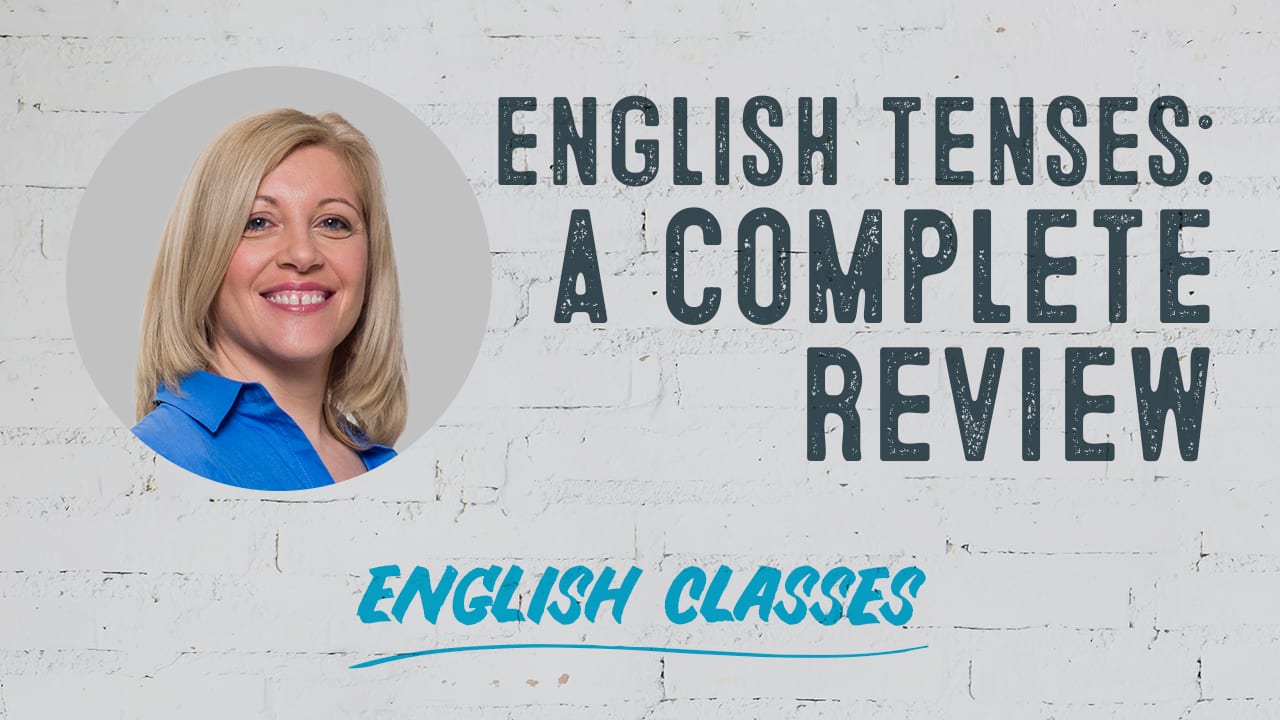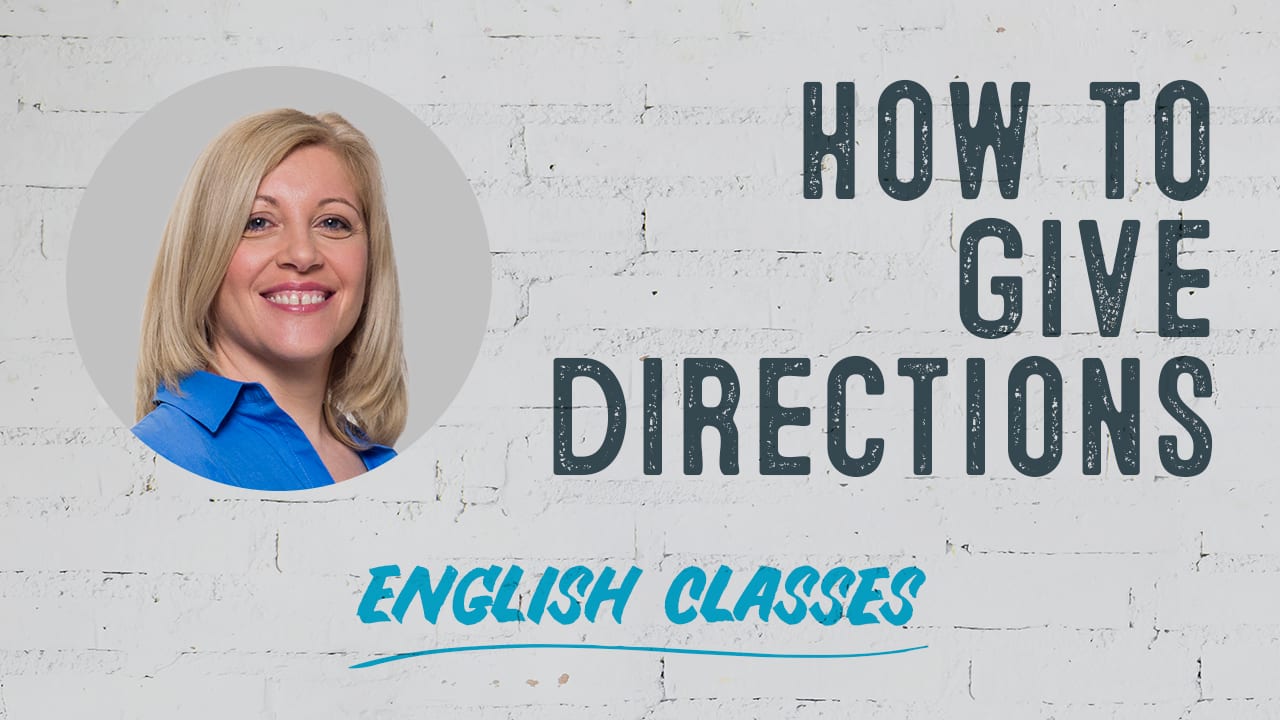Videos to learn English
If one picture is worth a thousand words, one video is worth at least a million.
One of the highlights of our course is the masterclasses, short videos where our teachers explain grammar rules, vocabulary, reading comprehension, pronunciation, and much more.
These classes are broadcast every week in the app and on our Facebook page and YouTube channel. All attendees can interact with the teacher, ask questions, and resolve doubts as well as voice their opinions and engage in discussions.
If you can’t attend the live broadcast, don’t worry. All the videos are uploaded to the video class section of the app afterwards.
Below, we’d like to share a quick overview of the videos we’ve published on our platform to help familiarise you with their content:
Diphthongs and the phonetic alphabet
In this instalment, Teacher Robin explains the phonetic differences between American and British English.
In addition, she introduces the International Phonetic Alphabet (IPA), which consists of 44 different phonemes that can be found alongside the definitions in recognised dictionaries like those from Oxford or Cambridge. When learning a language like English, this is a very useful guide to help you have excellent pronunciation.
These phonemes are composed of vowels, consonants, and diphthongs, which are a combination of two vowels in one syllable. There are several practical pronunciation exercises in the video.
Imperatives in English
This time, Teacher Del explains how imperatives work in English. She also explains how to build them grammatically so that they’re understood as an order, a warning, or simply an instruction.
In this entertaining tutorial, you’ll also see how sentences should be constructed for an affirmative, negative, or exhortative (using let’s) imperative.
Finally, Teacher Del shows us how to strengthen the imperative with personal pronouns and how to direct them towards a group of people
.
Do or make: which one is it?
Teacher Robin explains the situations in which we should use the verbs do and make. Since these verbs have very similar meanings and sometimes translate as the same verb in other languages, they tend to confuse English learners.
In short, the word make should be used when something is being manufactured or produced while do is used when an activity, job, or task is being performed.
Since every rule has its exception, in this video, the teacher also explains the exceptions for each of these verbs.
Common pronunciation mistakes in English
One way to test your level and fluency in English is to pronounce some words that, due to cultural factors, might be difficult for you to express.
In many languages, speakers will pronounce all the letters of a written word while in English, some letters are silent.
In this tutorial, you’ll see all these exceptions in a way that will allow you to pass unnoticed in an English-speaking country (even though people from our home countries always seem to be able to recognise us thanks to our accent).
Preposition review in English
Teacher Del explains what prepositions are and how they act as word connectors in sentences, indicating time, place, or location.
The rules for propositions in English can be very different from those in other languages. In some cases, the preposition accompanying a verb completely changes its meaning, which tends to confuse students. These combinations of verbs and prepositions are called phrasal verbs.
How to use possessives in English
Here, Teacher Robin explains the use of the possessive to express ownership of the nouns in the sentence, such as people, animals, or objects.
The Saxon genitive is used for the possessive, consisting of an apostrophe followed by an “s”.
The video also explains how this works in the plural and the cases in which the “s” is used without an apostrophe. Finally, Teacher Robin shares a list of the possessive adjectives and pronouns in English.
Family related vocabulary
In this video, Teacher Del provides us with all the vocabulary related to the family, from the main nucleus to those who have some degree of blood relationship or kinship.
She also teaches us how to affectionately refer to our parents and grandparents as well as the words used for adoptive parents and half-siblings.
Responding to an invitation in English
To avoid embarrassing yourself in front of an English-speaking relative or a friend who has invited you to an event or a meeting, you should learn a few etiquette rules to follow when responding to an invitation.
Teacher Robin shows us the meaning of RSVP, a very common term in English-speaking countries. It actually comes from the French, “Répondez s’il vous plaît” (Please respond).
In this video, you’ll also be given some tips on how to formally respond to an invitation, how to give your thanks, and the best way to give a compliment.
How to rent a flat in English
When you move abroad, the first thing you do is look for a place to live. In this tutorial, Teacher Del teaches you the basic terms you’ll need to use to avoid problems when looking for a house or flat.
You’ll learn the different types of properties, the estate agencies you should go to, the parts that a house should have such as the living room, the dining room, the bathrooms, the garage, etc.
Also, you’ll be familiarised with the measurements that are used to identify properties, since the measurement system in English-speaking countries is generally different from that in many other countries.
MoRE VIDEOS TO LEARN ENGLISH
As you’ve seen, there are endless opportunities to learn English through our videos.
Remember that we’re all citizens of the world thanks to the ease with which we can connect with other cultures, travel to different destinations, and even do business.
So, put your excuses aside and start studying English now, taking advantage of all the resources we have to offer.

